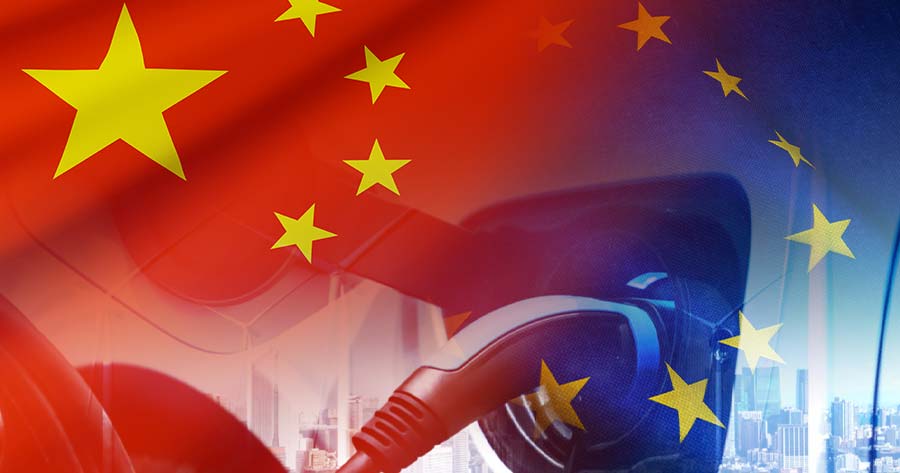The European Union (EU) announced on Wednesday its decision to levy increased tariffs on Chinese electric vehicle (EV) imports, citing the unfair subsidies that are heavily benefiting the Chinese EV sector.
According to the European Commission, the EU’s executive arm, preliminary investigations indicated that China’s battery-electric vehicles value chain is unduly subsidized. Consequently, the EU plans to enforce “provisional countervailing duties” on Chinese BEV imports to protect European EV producers from economic harm.
The EU’s probe, initiated in October, has led to these provisional tariffs, which are set to take effect from July 4 in case negotiations with Chinese authorities fail to reach a resolution. Definitive measures will be implemented within four months following the imposition of provisional duties.
EU Trade Commissioner Valdis Dombrovskis stated that the investigation was grounded in factual evidence, and discussions with Chinese stakeholders and officials regarding potential solutions remain ongoing. In response, a spokesperson from China’s Ministry of Commerce criticized the EU’s decision as lacking factual and legal basis, labeling it a protectionist move that disrupts fair competition globally.
Under the EU’s plan, uncooperative Chinese BEV producers will face a 38.1% tariff, while compliant manufacturers will be subject to a 21% duty. Individual tariffs have also been disclosed, with rates varying based on the level of cooperation during the investigation. Prominent Chinese EV producers such as BYD, Geely, and SAIC are among those impacted by the tariffs, with Tesla’s case still under examination for a potentially lower duty rate.
While Tesla and other affected companies navigate these new trade dynamics, Nio has expressed opposition to the increased tariffs, emphasizing its commitment to the EV market and urging for the facilitation of global electric vehicle trade to promote environmental sustainability and development.





